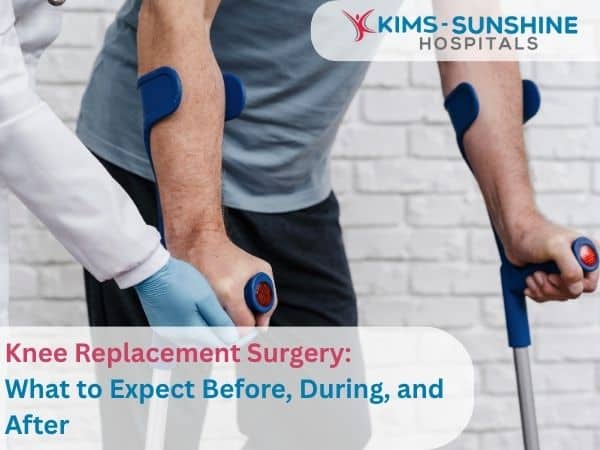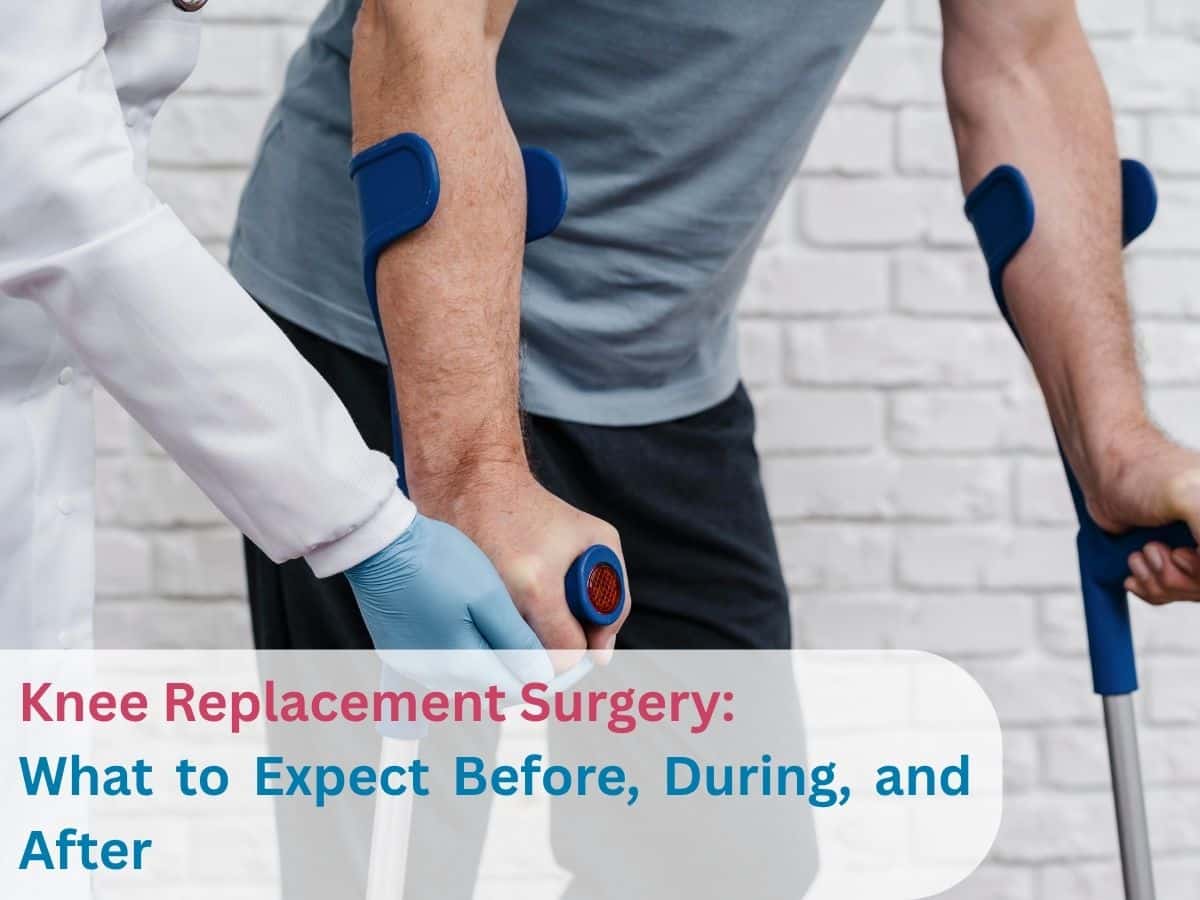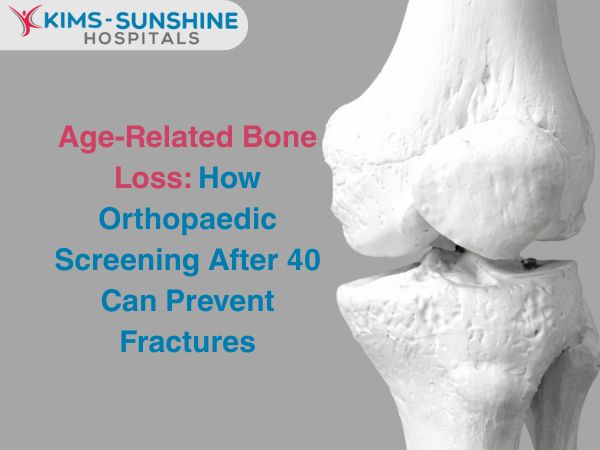
Knee Replacement Surgery: What to Expect Before, During, and After
 Knee pain caused by arthritis, injury, or wear and tear can significantly affect your daily activities. When non-surgical treatments no longer provide relief, knee replacement surgery becomes a viable solution to restore mobility and reduce pain. If you are considering knee replacement surgery, it’s important to understand the process before, during, and after the procedure. In this guide, we’ll walk you through each stage and what you can expect.
Knee pain caused by arthritis, injury, or wear and tear can significantly affect your daily activities. When non-surgical treatments no longer provide relief, knee replacement surgery becomes a viable solution to restore mobility and reduce pain. If you are considering knee replacement surgery, it’s important to understand the process before, during, and after the procedure. In this guide, we’ll walk you through each stage and what you can expect.
If you are looking for the best orthopedic doctor in Secunderabad or the best orthopedic doctor in Gachibowli to consult about knee replacement, experienced specialists can help you make an informed decision about your treatment options.
Before Knee Replacement Surgery
1. Initial Consultation
The first step is to consult an orthopedic doctor in Secunderabad or an orthopedic doctor in Gachibowli for an evaluation. Your doctor will assess your knee condition, discuss your medical history, and may order imaging tests such as X-rays or MRIs to determine the severity of damage.
2. Pre-Surgical Preparations
Once you and your doctor decide on surgery, you will undergo pre-surgical tests, including:
- Blood tests
- ECG (Electrocardiogram) for heart function
- Anesthesia evaluation
Your doctor may also advise weight management, muscle-strengthening exercises, and lifestyle changes to improve surgery outcomes.
3. Arranging Post-Surgery Support
Since mobility will be limited after surgery, make arrangements for:
- A caregiver to assist with daily activities
- A walker or crutches for support
- Home modifications such as a raised toilet seat and handrails for safety
During Knee Replacement Surgery
1. Admission and Anesthesia
On the day of surgery, you’ll be admitted to the hospital. The procedure is performed under spinal or general anesthesia, ensuring you feel no pain during surgery.
2. Surgical Procedure
The surgeon will:
- Make an incision to access the knee joint.
- Remove damaged cartilage and bone.
- Implant an artificial knee joint (prosthesis) made of metal and plastic components.
- Ensure proper alignment before closing the incision.
The surgery typically lasts 1-2 hours.
3. Immediate Post-Surgery Care
After surgery, you will be moved to a recovery area where medical staff will monitor you for a few hours. You will receive pain management medications. Your leg may be placed in a continuous passive motion (CPM) machine to prevent stiffness.
After Knee Replacement Surgery
1. Hospital Stay
Most patients stay in the hospital for 2-3 days. During this period:
- Physiotherapy will begin to encourage movement.
- Your doctor will monitor for complications like infection or blood clots.
- Pain management will continue.
2. Rehabilitation and Recovery
- Week 1-4: Light movement with a walker or crutches, daily physiotherapy sessions.
- Week 4-6: Gradual return to normal activities, increased range of motion exercises.
- Week 6-12: Strength-building exercises, reduced reliance on assistive devices.
Your best orthopedic doctor in Secunderabad or best orthopedic doctor in Gachibowli will guide you through the rehabilitation process to ensure a smooth recovery.
3. Long-Term Outlook
A knee replacement can last 15-20 years with proper care. To ensure longevity:
- Maintain a healthy weight.
- Engage in low-impact activities like swimming or cycling.
- Follow your doctor’s recommendations for knee health.
Knee replacement surgery is a highly effective treatment for chronic knee pain and mobility issues. By understanding what to expect before, during, and after the procedure, you can prepare yourself for a smoother recovery and better long-term results.
If you are considering knee replacement, consult an orthopedic doctor in Secunderabad or an orthopedic doctor in Gachibowli to discuss your options. The best orthopedic doctors will guide you through every step of the process to ensure you regain mobility and enjoy a pain-free life.






